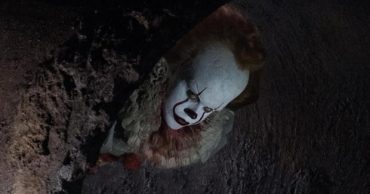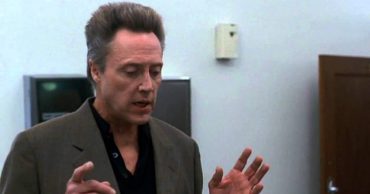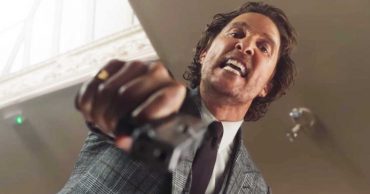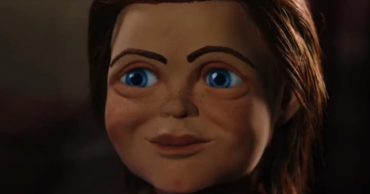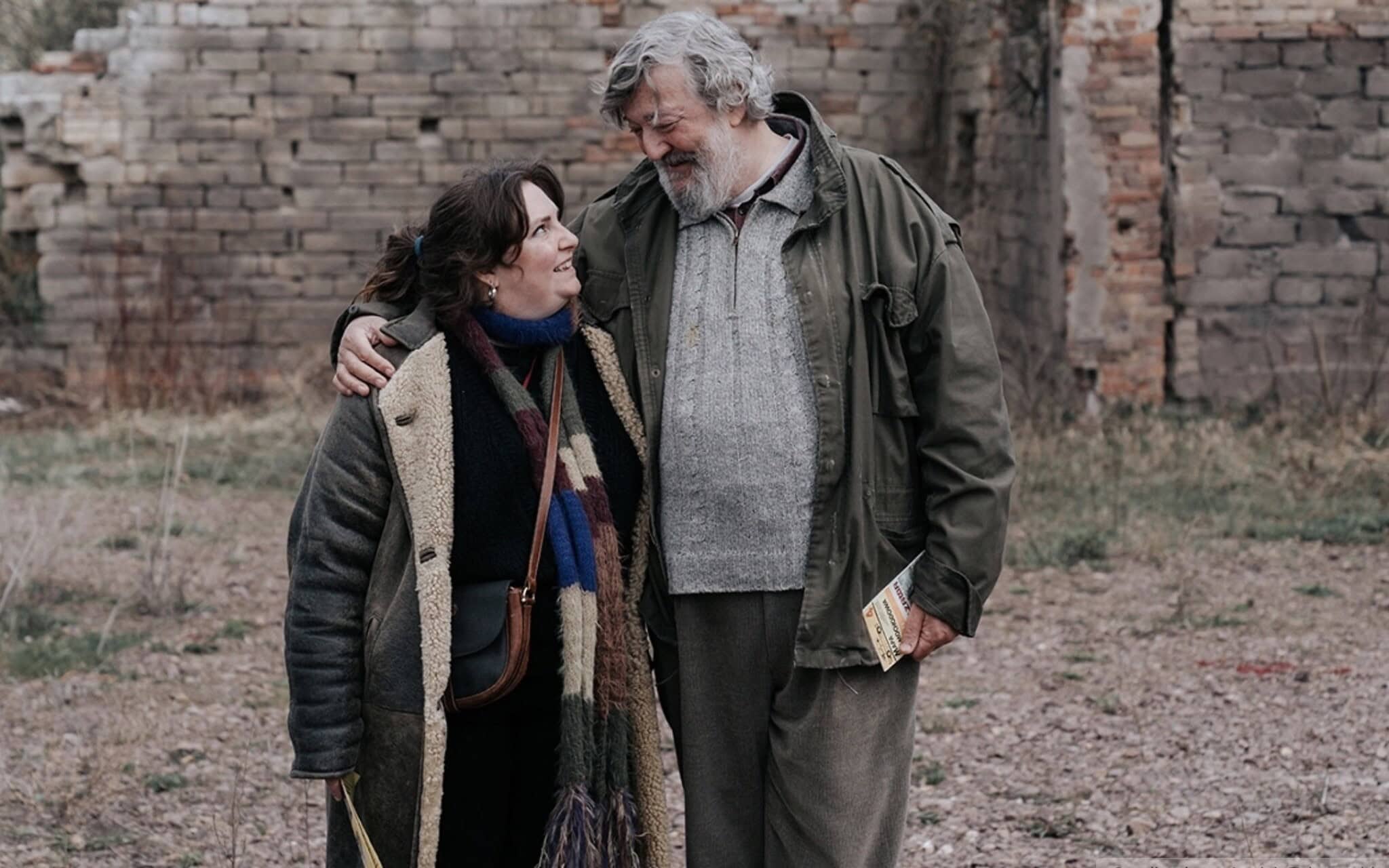 Stephen Fry, normally known for his droll detachment, takes on a much earthier role in “Treasure“, the latest film from German writer-director Julia von Heinz. With a thick beard, scraggly gray hair, a Slavic accent, and a distinctly oafish slump, Fry transforms into Edek Rothwax, a haunted Holocaust survivor and recent widower. He accompanies his daughter Ruth, played by Lena Dunham, to his homeland of Poland in 1991. Yet, Edek would rather flirt with translators and sing karaoke than confront his past.
Stephen Fry, normally known for his droll detachment, takes on a much earthier role in “Treasure“, the latest film from German writer-director Julia von Heinz. With a thick beard, scraggly gray hair, a Slavic accent, and a distinctly oafish slump, Fry transforms into Edek Rothwax, a haunted Holocaust survivor and recent widower. He accompanies his daughter Ruth, played by Lena Dunham, to his homeland of Poland in 1991. Yet, Edek would rather flirt with translators and sing karaoke than confront his past.
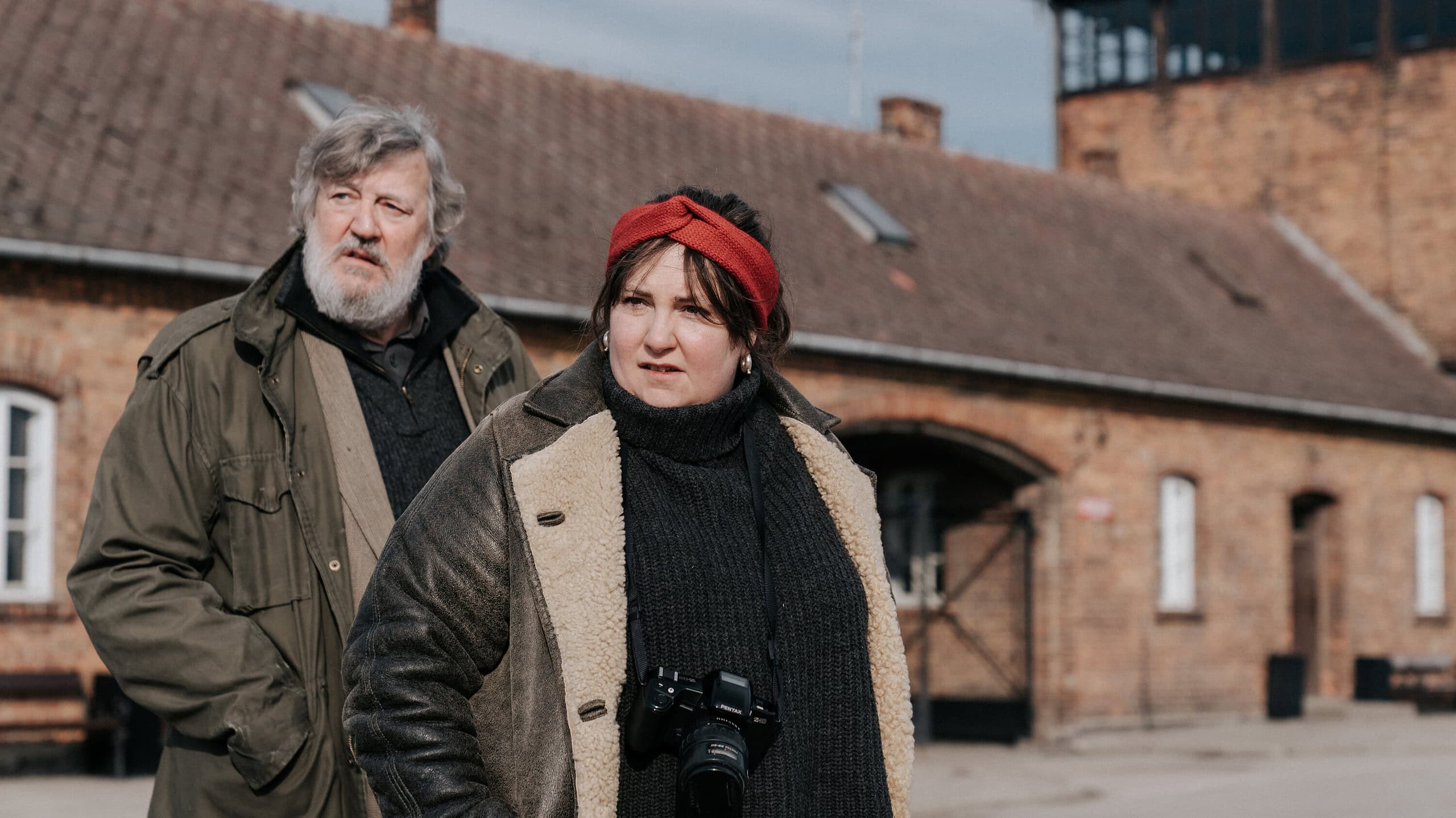 Von Heinz captures Poland through a gauzy gray filter that mirrors the dreariness of post-communist landscapes and the Holocaust’s lingering trauma. The tone of the film aligns with this aesthetic, giving an overall somber atmosphere despite the occasional attempt at humor from Edek’s antics.
Von Heinz captures Poland through a gauzy gray filter that mirrors the dreariness of post-communist landscapes and the Holocaust’s lingering trauma. The tone of the film aligns with this aesthetic, giving an overall somber atmosphere despite the occasional attempt at humor from Edek’s antics.
A majority of the conflict arises from Edek’s constant disruption of Ruth’s plans. Initially joining her trip out of protectiveness, he ironically becomes an obstacle to her goal of learning more about her family’s past. For instance, Edek’s refusal to travel by train—a detail that’s rather implausibly new to Ruth despite their New York City life—illustrates this tension. His fast friendship with taxi driver Stefan (Zbiegniew Zamachowski) further derails Ruth’s itinerary with side trips to unrelated historical sites.
Edek’s realization of Ruth’s persistence eventually leads him to cooperate. As a journalist struggling with her mother’s death and trying to connect with her family history, Ruth shows determination. Their visit to Edek’s childhood apartment reveals it still houses some of his family’s old possessions, which they buy despite their monetary worth. This could have been the film’s focal conflict, but “Treasure” unfolds like a road movie filled with distinct episodes that build towards a thematic climax.
The screenplay is inspired by Lily Brett’s novel “Too Many Men”, fictionalizing her own daughter-father trip. Compared to von Heinz’s previous work, the suspenseful political thriller “And Tomorrow the Entire World,” this story leans into anecdotal scenes focusing on Ruth’s neurotic yet compassionate attempts to bridge generational gaps.
Dunham brings depth to her typically self-centered roles by adding a layer of compassion here. Her portrayal of Ruth—with eccentricities like packing books on Nazis—creates a more pitiable character. But it’s Fry who stands out as Edek Rothwax, finding emotional depths and adding vitality to every scene.
The Auschwitz visit marks a significant turning point as Edek recounts his experiences there, fostering a renewed father-daughter connection. While these conventional moments are couched in heavy themes and moments of dry humor, what stands out is von Heinz’s meticulous direction.As a third-generation German woman and filmmaker, I feel the responsibility, the need, to work toward and through this history
, von Heinz explains.
The provided moments filled with unique observations—like bribing hotel clerks or rationing toilet paper—enrich its narrative authenticity despite potentially cliched resolutions about familial unity and understanding.
 Follow Us
Follow Us

